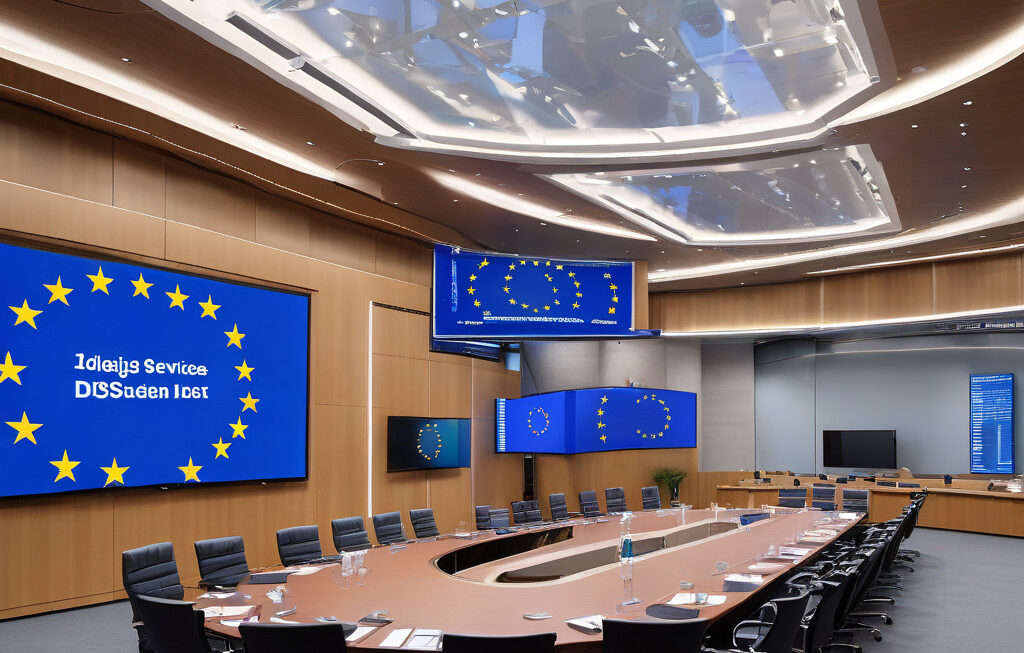Italy’s Piracy Shield Under EU Scrutiny: Ensuring Compliance with Digital Rights
Italy’s recent implementation of the Piracy Shield has sparked concerns within the European Union regarding its alignment with the Digital Services Act and Open Internet rules. The EU is now closely examining this initiative to determine its adherence to digital rights regulations and to ensure that it upholds the principles of a free and open internet.
The Piracy Shield, introduced by Italy as a measure to combat online piracy and copyright infringement, has raised questions about its potential impact on internet freedom and user privacy. While the intention behind this initiative is to protect intellectual property rights and support content creators, there are concerns that it could lead to censorship and restrictions on access to information.
One of the key issues under scrutiny is whether the Piracy Shield complies with the Digital Services Act, which aims to establish clear rules for digital services, including online platforms and intermediaries. This legislation is designed to enhance user safety online, promote transparency, and hold online platforms accountable for the content they host.
Additionally, the EU is evaluating whether Italy’s Piracy Shield aligns with Open Internet rules, which seek to safeguard net neutrality and prevent discrimination against specific types of online traffic. Ensuring that all internet users have equal access to online content and services is essential for maintaining a level playing field and fostering innovation in the digital sphere.
While the protection of intellectual property rights is important, it must be balanced with the fundamental principles of a free and open internet. Any measures taken to address online piracy should not infringe upon the rights of internet users or undermine the core values of the digital ecosystem.
To address these concerns, Italy must demonstrate that its Piracy Shield is proportionate, effective, and respects the rights of both content creators and internet users. Transparency and accountability are crucial in ensuring that any measures taken to combat online piracy do not have unintended consequences or result in overreach.
Furthermore, collaboration and dialogue between Italy and the EU are essential to navigate these complex issues and find common ground that upholds digital rights while addressing the challenges posed by online piracy. By working together, both parties can ensure that the digital landscape remains open, innovative, and respectful of fundamental rights.
In conclusion, the scrutiny of Italy’s Piracy Shield by the EU underscores the importance of striking a balance between protecting intellectual property rights and upholding digital rights. By ensuring compliance with the Digital Services Act and Open Internet rules, Italy can set a positive example for other countries while promoting a safe, free, and open digital environment for all.
digital rights, EU, Italy, Piracy Shield, internet freedom












